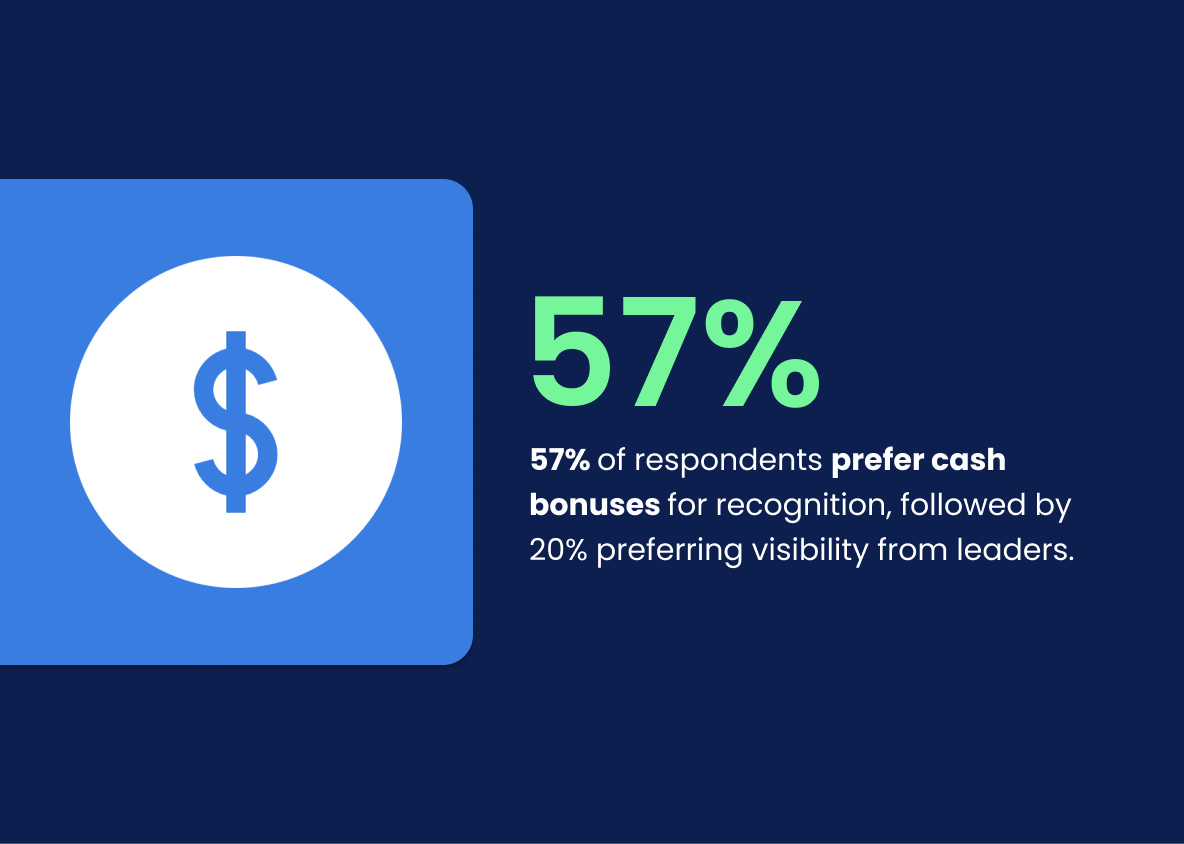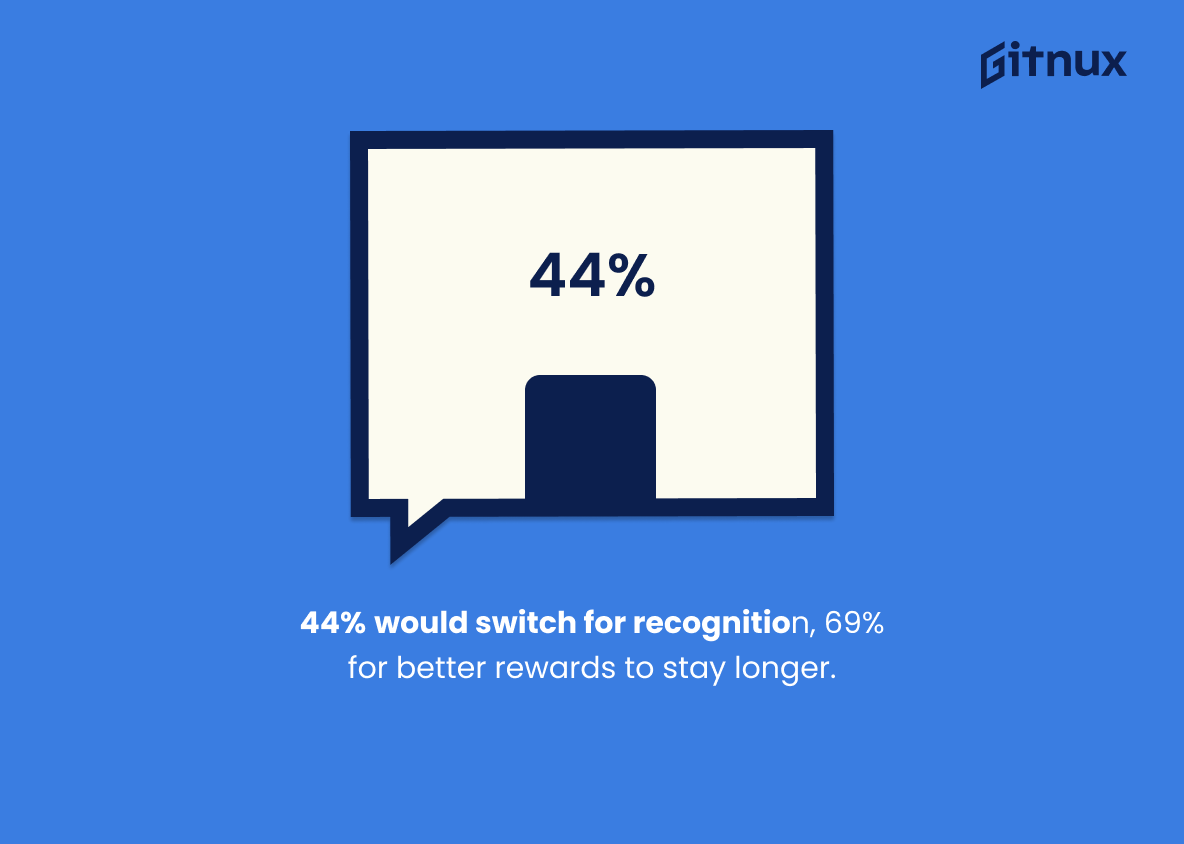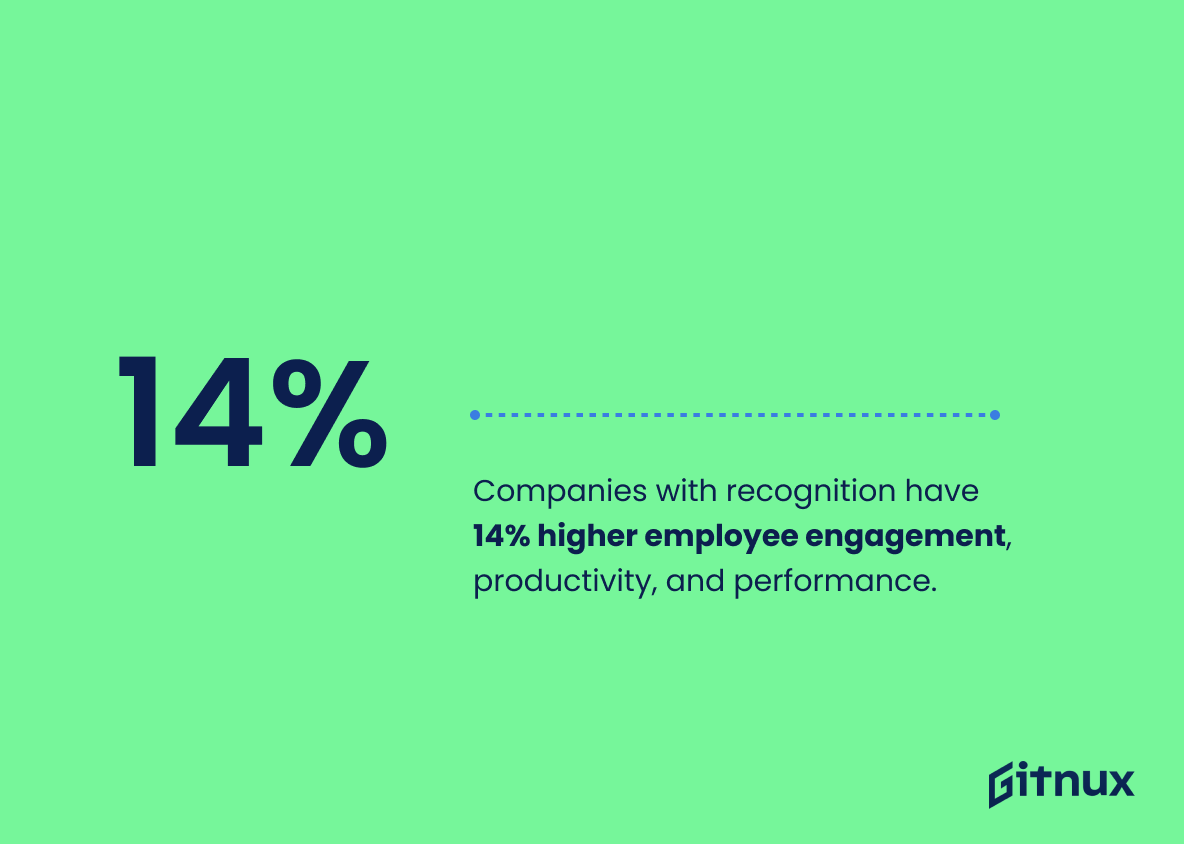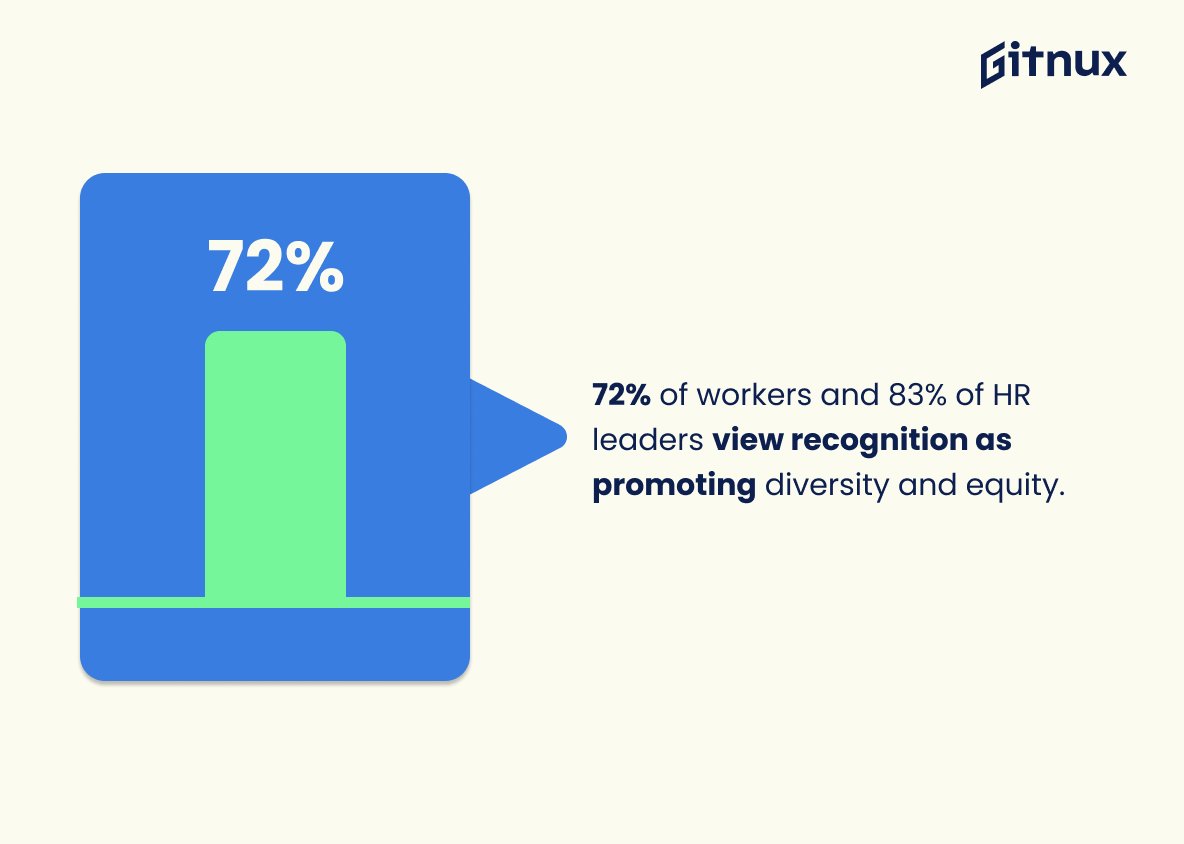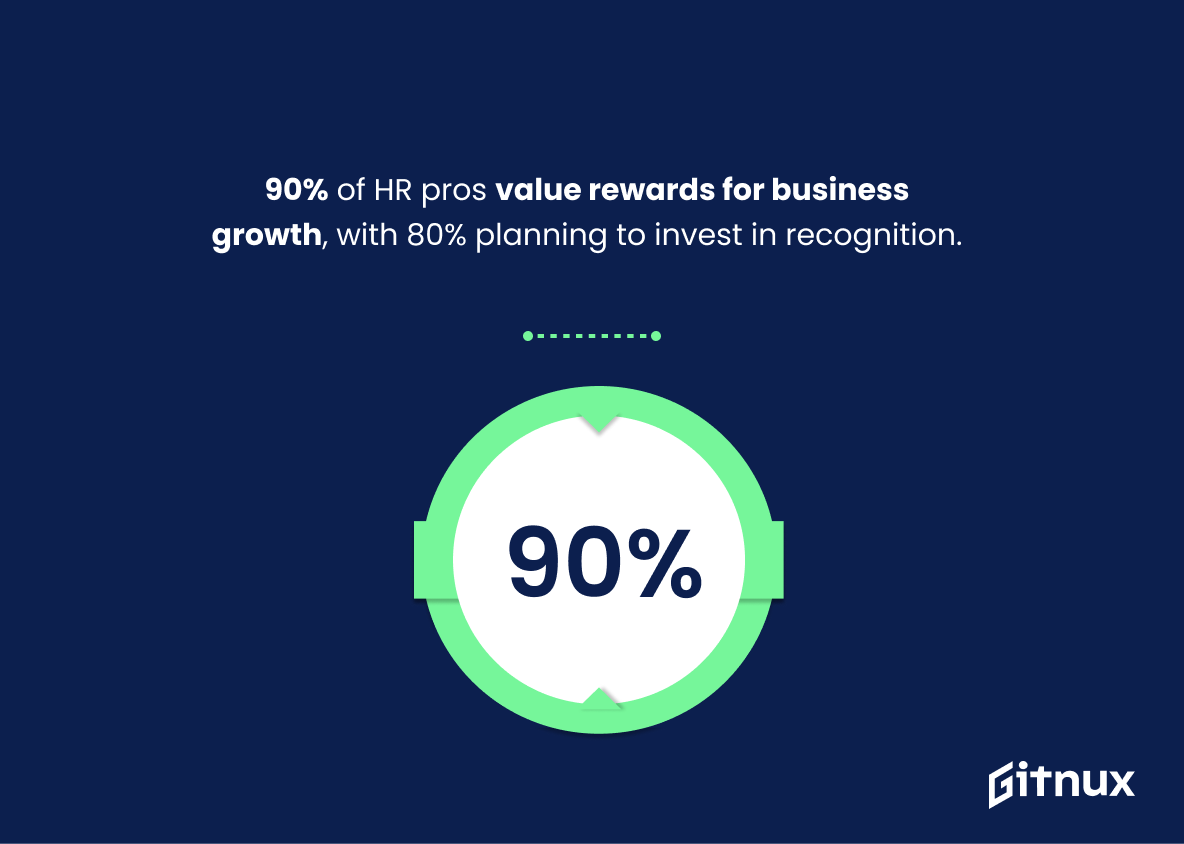Employee appreciation is an important part of any successful business. It helps to foster a positive work environment, boost morale, and increase productivity. But how much do employers actually invest in employee appreciation?
What are the most popular forms of appreciation? And what are the benefits of investing in employee appreciation? In this article, we’ll take a look at the latest employee appreciation statistics to answer these questions and more. We’ll also explore the importance of employee appreciation and how employers can use it to their advantage.
Employee Appreciation: Most Important Statistics
72% of workers and 83% of HR leaders agree that recognition supports and advances diversity, equity and inclusion initiatives.
90% of HR workers agree that effective reward programs drive business forward, and 80% are likely to invest in recognition and reward programs.
Employee Appreciation: Statistics Overview
44% of employees will switch jobs due to lack of recognition, and 69% of employees said better rewards would encourage them to stay longer.
Recognition and rewards are key factors in employee retention. Companies should prioritize recognizing and rewarding their employees in order to reduce turnover and increase employee satisfaction.
57% of respondents prefer cash bonuses for recognition, followed by 20% preferring visibility from leaders.
Employees prefer tangible rewards for recognition, rather than intangible rewards such as visibility from leaders. This highlights the importance of offering tangible rewards to employees in order to show appreciation.
Companies with recognition have 14% higher employee engagement, productivity, and performance.
Recognition can have a positive impact on employee engagement, productivity, and performance. This can lead to an increase in margins, which can benefit the company in the long run.
72% of workers and 83% of HR leaders agree that recognition supports and advances diversity, equity and inclusion initiatives.
Recognition is a powerful tool for promoting diversity, equity and inclusion initiatives in the workplace.
This is important for employee appreciation, as it shows that recognition can be used to create a more inclusive and equitable workplace, which can lead to increased employee satisfaction and loyalty.
90% of HR workers agree that effective reward programs drive business forward, and 80% are likely to invest in recognition and reward programs.
HR workers recognize the value of investing in recognition and reward programs. This indicates that HR workers understand the importance of showing appreciation for their employees and are willing to invest in programs that will help to drive business forward.
Conclusion
Employee appreciation is essential for any business to succeed. It is important to recognize the hard work and dedication of employees and to show them that their efforts are valued. The statistics presented in this blog post demonstrate the importance of employee appreciation and the positive impact it can have on a business.
By showing appreciation for employees, businesses can create a more positive work environment, increase employee morale, and boost productivity. Investing in employee appreciation is an investment in the future of your business.
References
1 – https://blog.vantagecircle.com/employee-recognition-statistics/#:~:text=71%25%20of%20highly%20engaged%20organizations,engaged%20organizations%20do%20the%20same.&text=In%20a%20highly%20engaged%20working,when%20they%20do%20the%20same.
2 – https://www.surveymonkey.com/curiosity/employee-recognition-and-retention/?zd_source=hrt&zd_campaign=5503&zd_term=chiradeepbasumallick&ref=nurture-an-engaged-and-satisfied-workforce-vantage-circle-hr-blog
3 – https://www2.deloitte.com/ie/en/pages/deloitte-private/articles/recognition-programmes.html?ref=nurture-an-engaged-and-satisfied-workforce-vantage-circle-hr-blog
4 – https://www.workhuman.com/blog/how-to-reduce-employee-turnover/
5 – https://www.rewardgateway.com/blog/21-key-employee-recognition-statistics
ZipDo, cited June 2023: Employee Appreciation Statistics
